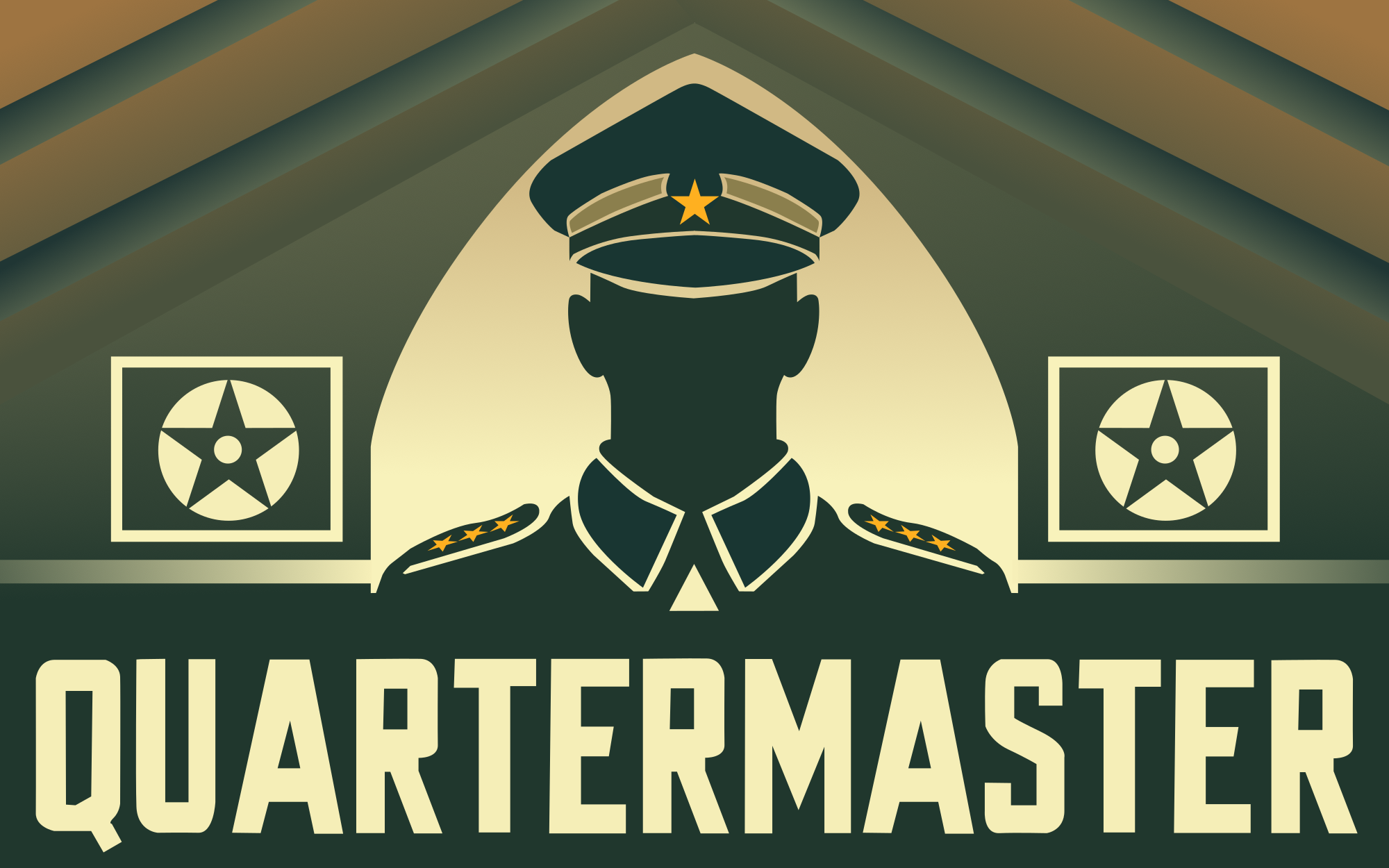Update: #17 - Localization and Translation of Steam Page and my thoughts about it
Why Localization Matters: Lessons Learned from an Indie Game Developer
As the Steam Real-Time-Strategy Fest wraps up, I’ve been reflecting on the marketing side of my game. While I plan to share a detailed post soon with all the numbers and lessons learned from the event, I wanted to take a moment to discuss something I recently realized: localization.
Yes, localization—bringing a game to players in their own language—something that’s not just about words, but about accessibility, reach, and making sure your game actually gets seen.
A Humbling Realization
The other day, I was at a friend’s house and wanted to show him some details about a game I was researching. We pulled up Steam on his computer, and to my surprise, we couldn’t find it. It wasn’t that the game wasn’t on Steam; it just wasn’t showing up for him. After some digging, we discovered he had a setting enabled that only displayed pages in his native language.
That hit me hard. I’m from Austria, where we speak German, but I’ve always assumed that people—especially gamers—default to English. It never crossed my mind that many players might have their storefronts locked to their local language.
What does this mean for my game? Potentially thousands of players around the world might never even see it simply because it isn’t localized.
The Indie Dilemma: Localization on a Budget
So, what’s the next logical step? Translate the pages.
The problem? I’m a solo indie developer on a tight budget, and professional translation services are expensive. That’s where AI translation tools come into play. They’re far from perfect—missing nuances, tone, and the finer details that make human writing feel, well, human—but they’re a starting point.
For now, I’ve translated my store pages into several key languages using AI tools. These translations might not be perfect, but they ensure that the game can at least show up for players with language restrictions.
A Global Approach
Currently, I tried these languages:
- French
- Italian
- Spanish
- German
- Bulgarian
- Japanese
- Korean
- Russian
- Spanish (Latin American)
- Portuguese (Brazil)
Why Localization Matters
Localization isn’t just about translating text; it’s about making your game accessible to players worldwide. The reality is that many players won’t look at your game if it’s not in their language. It’s not just a question of comfort—it’s about visibility and first impressions.
Even as a small indie developer, I’ve realized that I need to meet players where they are, in their language, to ensure the game’s message and story reach as many people as possible.
The Bigger Picture
For those who are new here, my game, Quartermaster, is a WWI logistics and resource management simulator. It puts players in the shoes of a logistics officer, managing supplies, resources, and tough decisions on the front lines—all without firing a single shot.
It’s a passion project born out of years of thinking, research, and inspiration from watching AAA studios tackle (and sometimes fumble) similar themes. Sharing my development process has been a way to stay motivated and connect with a community that understands the challenges of indie game development.
Stay Updated
If you’re interested in the game or want to follow the development journey:
- Steam Page: Quartermaster
- YouTube Channel: FeysGameDev
- Steam Group: FeysStudio
Localization is just one part of this journey, but it’s a crucial one. If you’re an indie developer or just curious about the challenges of game development, I hope this gives you some insight into why it matters and what goes on behind the scenes.
Thanks for reading, and as always, your support means the world to me.
WW1 Logistics Game - Quartermaster: The Forgotten Front
A real-time World War I logistics game where you navigating supply chains, strategy, and unpredictable events.
| Status | In development |
| Author | FeysStudio |
| Genre | Strategy |
| Tags | World War I |
More posts
- Filed in Duty - Report to the Archives, No.262 days ago
- Update #27: Refactoring the Codebase65 days ago
- Update #26: Created a Patreon & Optimized code baseSep 10, 2025
- Update #25: Commander system implementedJun 16, 2025
- Update #24: Upgrade system finishedJun 12, 2025
- Update #23: Quartermaster WW1 Logistics Game - Tasks and Location Stats finishedJun 12, 2025
- Update #22: Depot Worker Tasks Logic finishedJun 11, 2025
- Update #21 - Major Milestone AchievedJun 10, 2025
- Update #20: Major Blunder in my Code Base and ConceptJun 01, 2025
- Update #19: Implemented Depot Worker StatesMar 22, 2025

Leave a comment
Log in with itch.io to leave a comment.